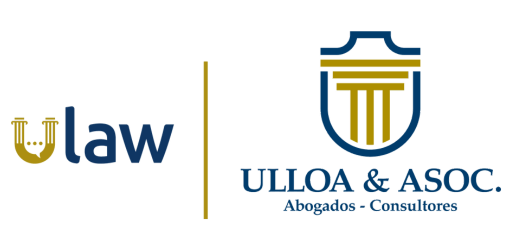Registration, in the context of this article, refers to the filings required by federal law concerning corporate transactions that are underway, approved by shareholders, or concluded but subject to further scrutiny through reports and statements as dictated by law. Essentially, registration ensures accountability by requiring all parties to report their actions to the government to confirm that transactions comply with legal requirements. In Honduras, for example, registration requirements differ from those in the U.S., reflecting the country’s unique history and economic challenges. Although Honduras has not faced the same monopolistic practices or financial crises that have shaped U.S. corporate law over the past century, it has nonetheless developed a robust framework to regulate corporate transactions and ensure transparency.
Whereas Honduran contract law often takes a pragmatic approach—allowing for concessions and compromises in the name of successful ventures—its registration requirements are more stringent. To better explain these requirements, this article will first explore the international perspective, focusing on Honduras, and then turn to the U.S. Securities and Exchange Commission (SEC) and its registration system, EDGAR.
Historically, Honduras has struggled with illicit funds entering its financial system. To combat this, the Central Bank of Honduras and the National Commission for Banks and Insurance (Comisión Nacional de Banca y Seguros, CNBS) have implemented reforms in response to executive agreements and congressional actions. These reforms aim to prevent money laundering and other illegal activities from infiltrating the financial system.
Why Registration Matters
Any investment in Honduras, whether domestic or international, is subject to the same scrutiny. Unfortunately, this process is far from streamlined, with filings often taking longer to review and certify than they should. The procedure more closely resembles a legal pleading than a simple notification or statement. Furthermore, Honduras lacks the concept of corporate privilege or confidentiality that can only be waived by court order, meaning that corporations are required to disclose more information than they might in other jurisdictions. As a result, negotiations must account for the extended timeline required for such disclosures.
In addition, Honduran registration often involves administrative registries and notary authentication, adding another layer of complexity to the process. Local counsel typically handles the registration of documents, financial disclosures, participants, and other details, filing them with the state for evaluation. The state then certifies that the information complies with all formalities. However, the system relies heavily on the subjective judgment of the officials reviewing the materials, often delaying transactions while they await approval.
In contrast, the U.S. system, specifically SEC registration, operates with greater efficiency. U.S. corporations must submit detailed forms, providing necessary information about the transaction, its terms, financial statements, and associated risks. These filings evolved alongside the increasing complexity of corporate transactions and aim to protect shareholder interests.
SEC Registration and the S-4 Form
For the purpose of comparing corporate transactions, this article excludes local and state registration requirements, tax filings, and stock exchange-related filings, focusing instead on the SEC’s requirements. One of the key forms in U.S. corporate law is the S-4, filed with the SEC. This form provides a comprehensive statement of securities, outlining the transaction’s terms, financial condition, risks, and relevant reports.
The philosophy behind U.S. registration requirements reflects the country’s historical experience with monopolies and shareholder protections, a stark contrast to the challenges that have shaped Honduran corporate law. In the U.S., federal legislation emerged in response to internal crises, whereas Honduran law has largely been influenced by international treaties and foreign investment interests. Consequently, U.S. corporations often find themselves navigating Honduras’s bureaucratic maze, dealing with red tape and outdated systems. However, Honduras has adopted laws aimed at attracting foreign investment, allowing for a more seamless integration of two legal systems.
The Hart-Scott-Rodino Act
At the heart of U.S. registration requirements is the Hart-Scott-Rodino (HSR) Act, which established a mandatory premerger notification process for firms engaging in certain transactions. The HSR Act requires the merging parties to notify the Federal Trade Commission (FTC) and the Department of Justice (DOJ) before completing transactions that meet certain thresholds. Generally, an HSR filing is required when one party has annual sales or assets exceeding $100 million, and the other party has sales or assets exceeding $10 million, or if the transaction’s value exceeds $15 million. Penalties for failing to comply with these requirements include the rescission of the transaction and substantial fines.
The driving force behind these requirements has always been the protection of investors, parties, and the economy. Both the U.S. and Honduras, despite their differences, have mechanisms in place to ensure a secure international environment for corporate transactions. Many international organizations that emphasize these mechanisms have strong ties to the American market. For instance, it is not uncommon for the U.S. embassy’s commercial attaché in Honduras to check with local registration authorities to ensure that transactions involving American capital proceed as required.
Ultimately, registration is a vital tool for both protecting national security and maintaining corporate accountability. In both the U.S. and Honduras, registration processes, though shaped by different histories and priorities, play a crucial role in ensuring that corporate transactions are conducted legally and transparently.
Reynaldo Pineda


